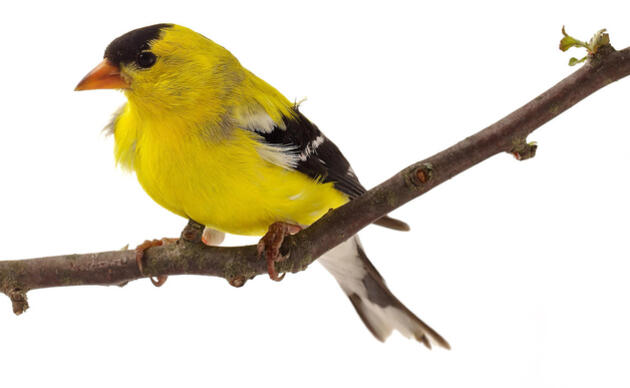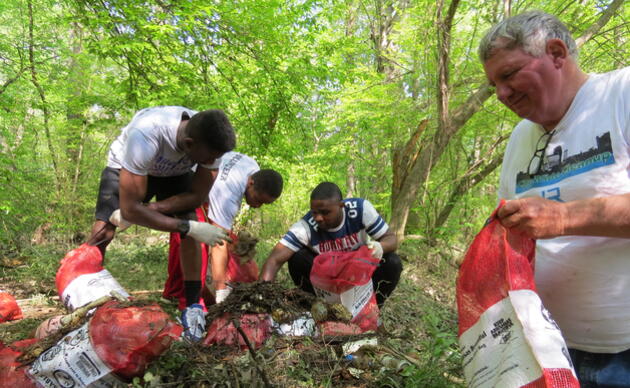Audubon Coastal Bird Survey
In 2010, the National Audubon Society staff developed the citizen-science program, the Audubon Coastal Bird Survey (ACBS), in response to the BP Deepwater Horizon Oil disaster. Initially meant to track the short-term impacts of oiling on birds, ACBS evolved into a monitoring effort to track coastal bird populations. The surveys capture data during the fall and spring migrations and over-wintering periods and are used to understand the diversity and abundance of species along the Mississippi coastline. The surveys allow Audubon scientists to assess threats better, identify targets for species of conservation concern across different life stages and habitats, and provide data on critical knowledge gaps for this area. The data collected are also helping to provide necessary guidance into sites potentially receiving future restoration efforts.
Colonial Seabird Monitoring
Coastal Mississippi is notable during spring and summer, mainly due to the presence of Least Tern and Black Skimmer colonies, many of which have a long history here. AMCBSP monitors Least Terns and Black Skimmers on the front beaches of Harrison and Hancock counties and on the near-shore island, Deer Island, to understand population trends and factors influencing the survival and reproduction of these species of conservation concern.
Stewardship and Engagement
AMCBSP strives to impart knowledge about coastal birds and the risks that threaten their survival while concomitantly fostering an experiential environment motivating conservation action. Various volunteer opportunities exist to help connect people with birds and nature.
Engagement
Never missing an opportunity to share information about Mississippi’s coastal birds, AMCBSP is constantly on the road and can be found at places such as, but not limited to, fairs, festivals, libraries, Science Cafes, and scout meetings. Outreach is fundamental to changing people’s perceptions and attitudes about conservation. By engaging people through fun learning activities, AMCBSP shares the basic biology and ecology of coastal birds and their main threats. Participants are encouraged to explore their new knowledge through conservation action.
Summer Stewardship
In 1975, dedicated birders launched a “Nest in Peace” project to steward colonial nesting birds on Harrison County beaches. The Mississippi Coast Audubon Society was chartered the following year under the parent organization, the National Audubon Society, and has been a leader in coastal bird stewardship in the state, with support in the past decade from Audubon Delta. AMCBSP’s stewardship work dovetails with the Mississippi Coast Audubon Society and will protect more than 75% of nesting Least Terns and several large Black Skimmer colonies. AMCBSP will train volunteers, work with local law enforcement officials, and forge strategic partnerships with other agencies to promote the protection of beach-nesting bird populations. Volunteer stewards are needed in late Spring and Summer, especially for the 4th of July holiday. Please consider volunteering for this effort.



